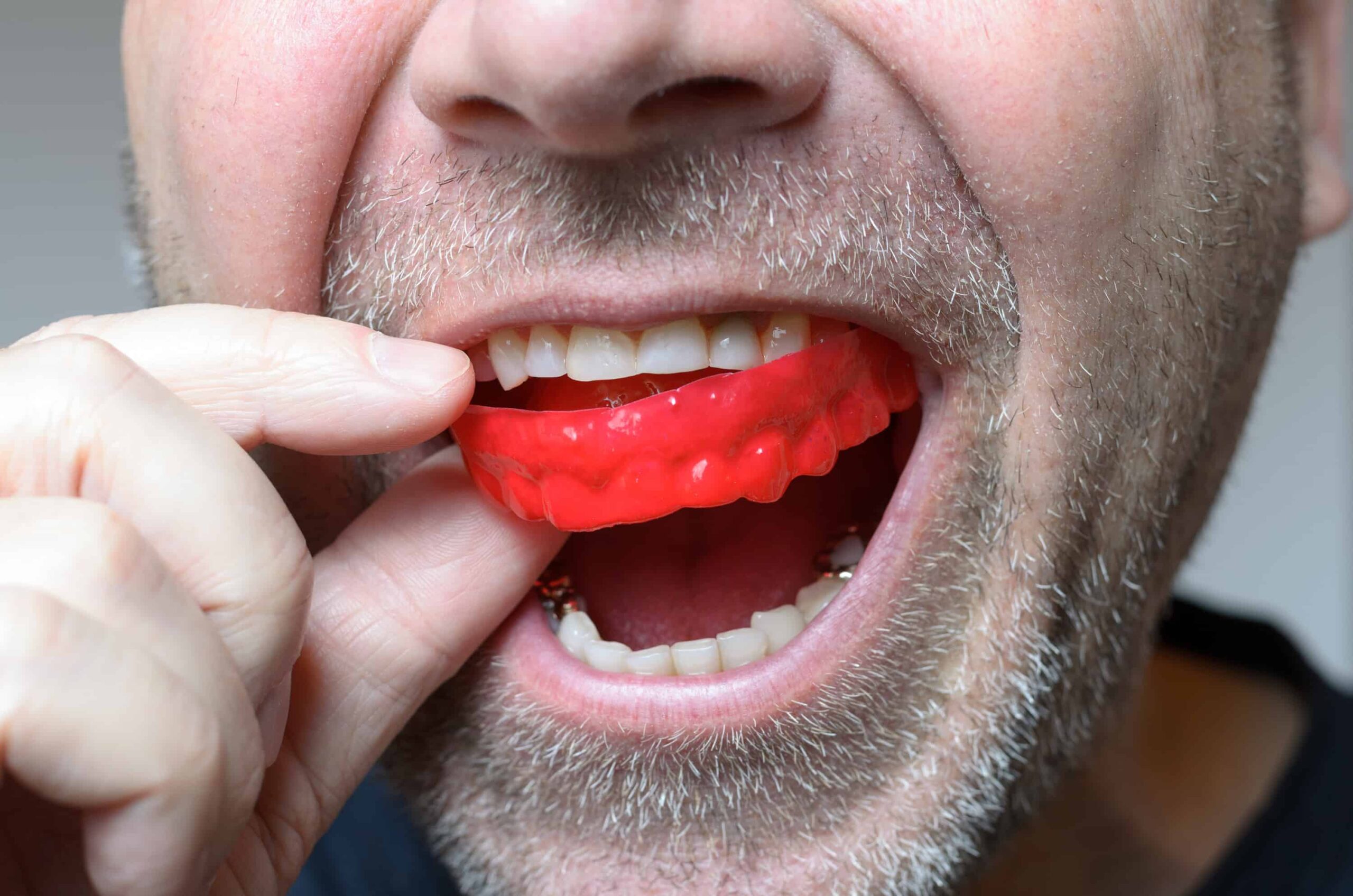Sports trauma or teeth grinding contribute significantly to injuries in the cheeks, tongue, and gums. There are various reasons why your dentist may recommend Midtown mouth guards, including night protection from bruxism. However, choosing the right mouth guard can be challenging, especially if you do not know what to look for. Working with your dentist can help you have the ideal device that will suit your unique needs.
What to consider when selecting a mouth guard
Thanks to their small size, mouth guards can be confusing. You start thinking of the kind that might best suit your unique needs, depending on the size and the specifications. For instance, your healthcare provider might suggest a device that suits your sports or for general purposes. Choosing the right mouth guard entails:
- Select the right fit
Mouth guards come in three types:
- Mouth-adapted mouth guards
Mouth-adapted devices adapt to your mouth’s features. Also referred to as boil-and-bite mouth guards, you will need to immerse the mouth guard in hot water to soften its inner layers before biting on it to create the shape. Thus, they give you the chance to tailor your mouth guard to your perfect fit. Thanks to their adaptability, healthcare providers mostly recommend them to athletes.
- Ready-made
Also referred to as instant fit mouth guards, the devices do not need adjustments to fit. Thus, you take the guard out of the box and wear them without alterations. Though these types are easy to wear and remove, they can be bulky and less secure.
- Custom-fit mouth guards
Unlike the other devices, you might need to contact your dentist for fitting. The medical expert will mold the mouth guard to your teeth for an exact fit.
- Choose a mouth guard that will give you protection and comfort
Do not opt for a device that prompts you to choose between comfort and safety. While assessing the right fit, you might ask yourself questions like:
- Will I breathe and talk comfortably? If the device prevents you from sustaining a conversation or makes it challenging for you to breathe, then it is not your size.
- Does it fit securely? You do not need to bite your teeth to keep a fitting mouth guard in place. Additionally, you should not find it easy to loosen the device with your tongue.
- To what extent does the mouth protection cover? A good mouth guard should protect all your teeth, excluding your back molars. Though the device should cover parts of your gum, it should not overwhelm your jaws or extend far into your mouth as it might result in gagging.
- Ensure the mouth guard has features fitting your sport
Besides the color, size, and type, you should also consider your sport and how you play the game. For instance, a boxer might need a mouth guard with a higher level of protection than a field hockey player. Your healthcare provider might recommend a convertible mouth guard if your sport entails wearing additional gears like a helmet or a brace-compatible mouth guard if you have braces to protect the braces and your teeth.
Contact your dentist for more inquiries about mouth guards.





